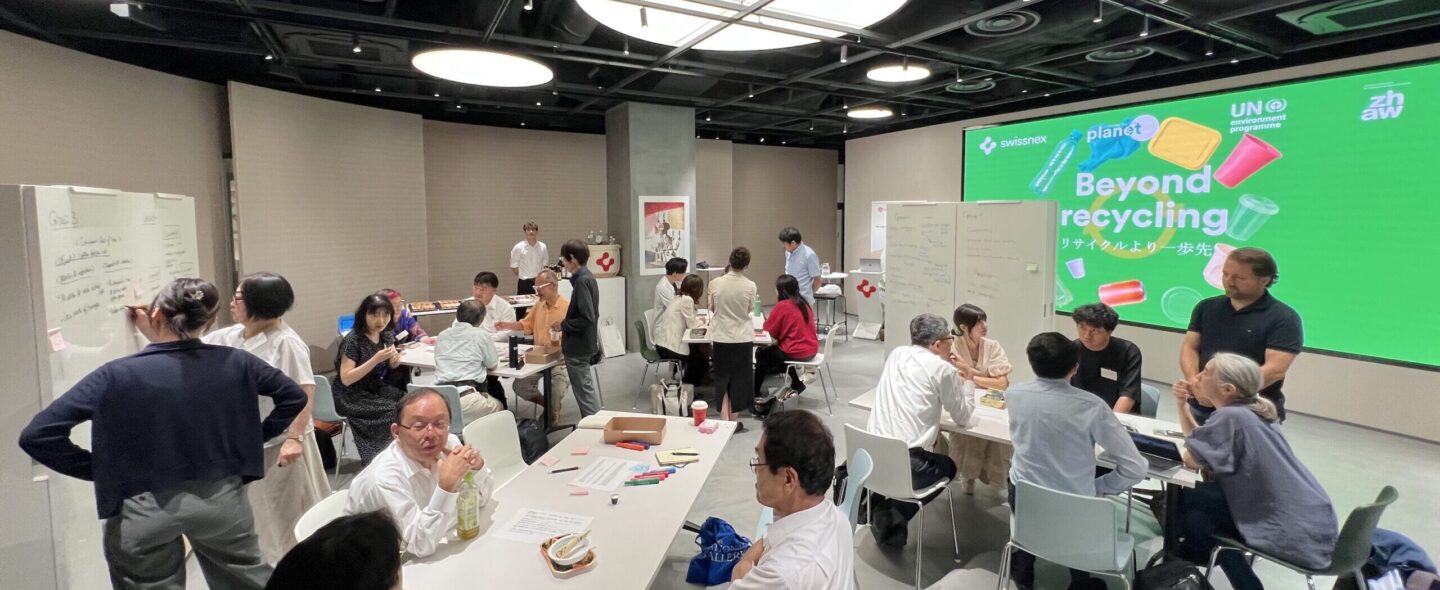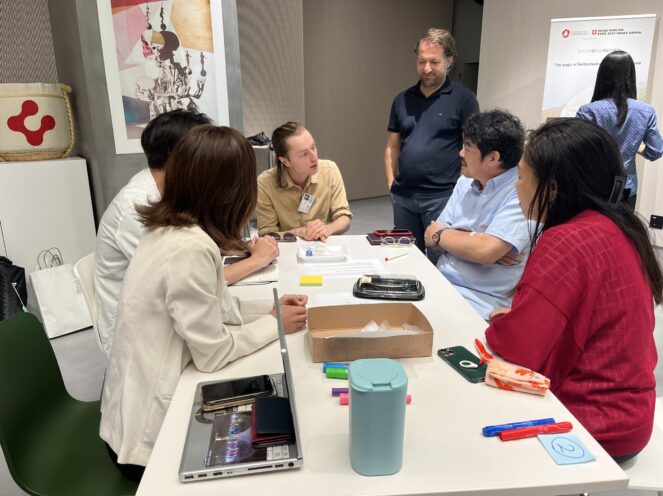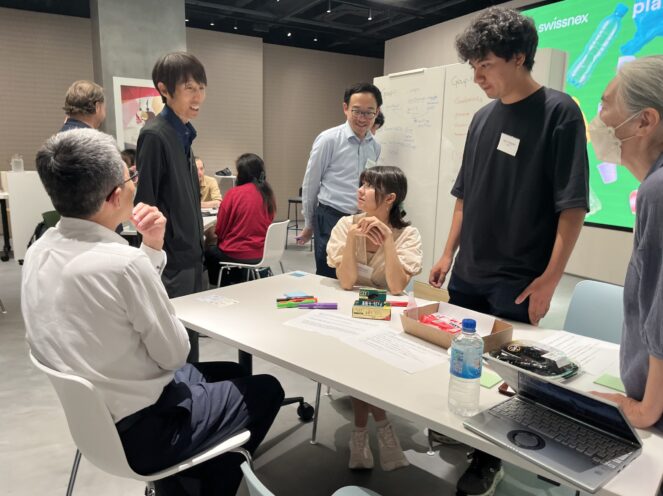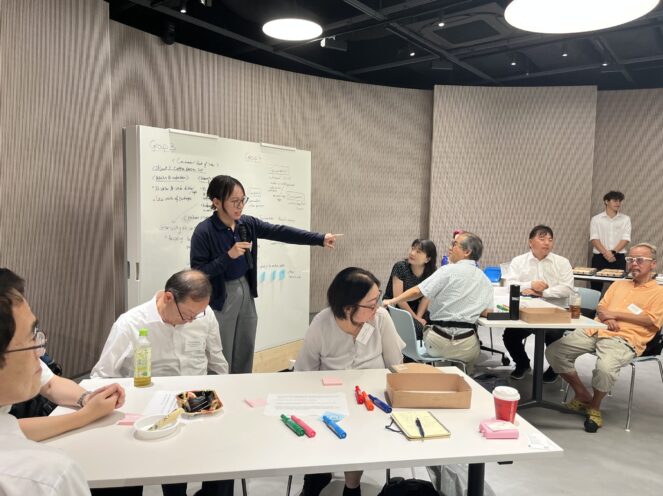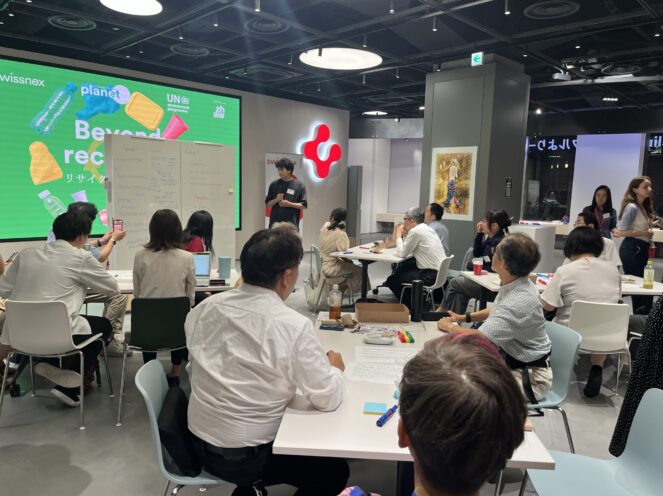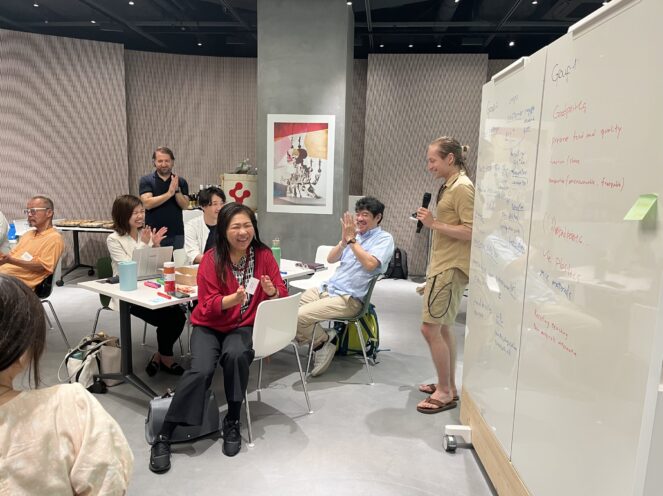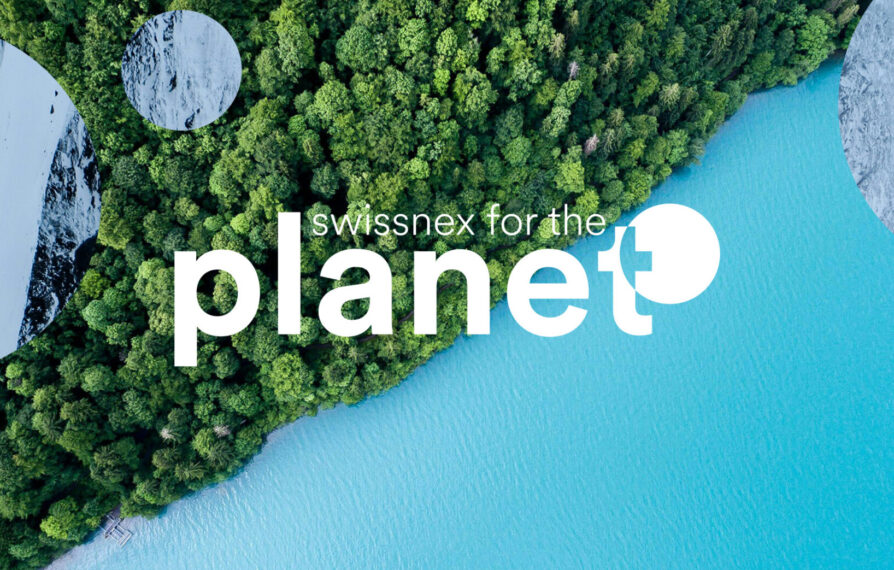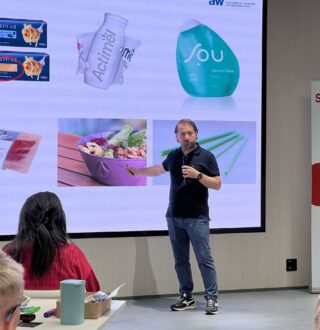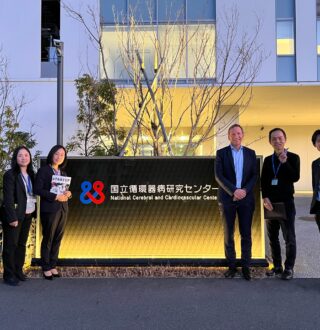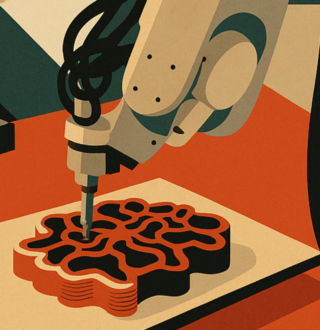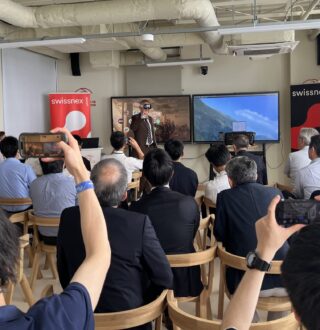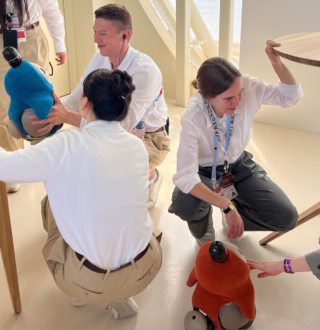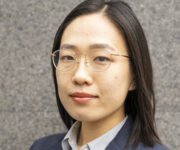Together with a diverse and engaged audience, the experts explored the full life cycle of food packaging, from its initial design to end-of-life disposal, critically examining the limitations of recycling and imagining systemic solutions beyond it.
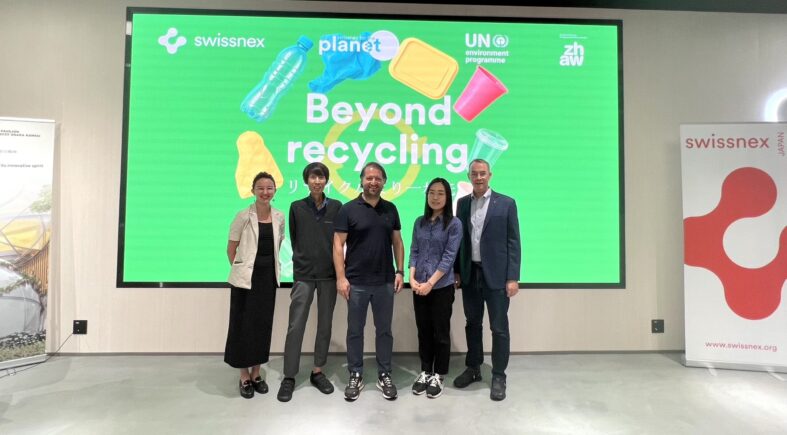
Together with a diverse and engaged audience, the experts explored the full life cycle of food packaging, from its initial design to end-of-life disposal, critically examining the limitations of recycling and imagining systemic solutions beyond it.
The evening began with welcome remarks by Dr. Felix Moesner, Consul and CEO of Swissnex in Japan, setting the stage for an exchange of ideas that transcended national and disciplinary boundaries and introducing the Swissnex for the Planet initiative under which the event was held.
Prof. Dr. Selçuk Yildirim, Deputy Head of the Institute of Food and Beverage Innovation at ZHAW, opened with a presentation on sustainable food packaging. He highlighted the delicate balance between environmental responsibility and food safety, noting the differing packaging practices and standards between Switzerland and Japan. His presentation also drew on key findings from his research residency in Japan, carried out through the ZHAW-Swissnex Staff Mobility Program.
Dr. Shunichi Honda, Programme Officer on Waste and Chemicals at UNEP-IETC, followed with a sharp analysis of global waste management challenges. He emphasized the disparities between high- and low-income countries in waste infrastructure and policy enforcement. His remarks provided valuable context on international negotiations, such as the ongoing UN Plastics Treaty, framing the conversation within a wider regulatory and social justice-oriented discourse. Read his insightful recap of the event (in Japanese) here.
Together, their contributions offered a multi-layered understanding of the packaging problem, from technological innovation and safety to global policy gaps and environmental equity.
Following the presentations, the conversation moved from stage to table during a hands-on workshop designed to foster intercultural exchange, collaborative reflection, and imaginative thinking. Participants, from private companies, government offices, and academic institutions such as Kyoto, Ritsumeikan, and Zurich universities, to independent consultants, designers, journalists, and artists, gathered around tables equipped with various real-world packaging examples. These everyday items served as entry points to larger discussions about the role of design, behaviour, regulation, and innovation in transforming packaging systems.
This participatory format encouraged diverse voices and perspectives, sparking engaging dialogue on issues ranging from consumer habits to international policy frameworks. By thinking beyond recycling, participants collectively envisioned more sustainable futures rooted in systemic change. The event underscored how Swiss innovation and Japanese expertise can converge to tackle global environmental challenges, creating a fertile ground for creative ideas that cross not only disciplines, but also borders.
The event took place under the Swissnex for the Planet initiative. From climate change to biodiversity loss, science has exposed deep fractures in the relationship between humans and the Earth. Swissnex for the Planet is an initiative to explore a new form of diplomacy focused on rebalancing human and nonhuman interests on this planet.
Know more

From June 19 to August 17, Professor Selçuk Yildrim visited Japan through the ZHAW–Swissnex Staff Mobility Program to connect with researchers and industry experts in sustainable food packaging. Explore his key findings and comparative insights from his experiences in Switzerland, Europe and observations in Japan.
Our mission is to foster strong connections between Swiss and Japanese universities and research institutes. We strive to enhance collaboration, innovation, and exchange of knowledge through a variety of programs and initiatives. Our goal is to build a robust network that supports academic excellence and mutual growth in both nations.
From June 30 to July 11, the two researchers Dr. Konrad Graser & Dr. Alex Walzer from the Zurich University of Applied Sciences (ZHAW) came to Osaka, to explore deeper the question of How can robotics transform the way we build? Through events and meetings, they dived deeper into the transdisciplinary perspective of construction building and the relationship between human and robotics.
On May 23, 2025, the Swiss Pavilion at Expo 2025 Osaka became a launchpad for forward-thinking discussions on the future of air traffic. Held during the Expo’s theme week on The Future of Community and Mobility, the full-day event—The Future of Air Traffic—brought together pioneers from Japan and Switzerland to explore the evolving world of air mobility, avionics, and human-machine collaboration.
Can humans be friends with AI?—Researchers Thomas Keller, Elke Brucker-Kley, and Isabelle Stutz, from the Zurich University of Applied Sciences (ZHAW), explored the question through cross-cultural and interdisciplinary workshops at the World Expo 2025 Osaka and in Kyoto.
Minami Kotani
